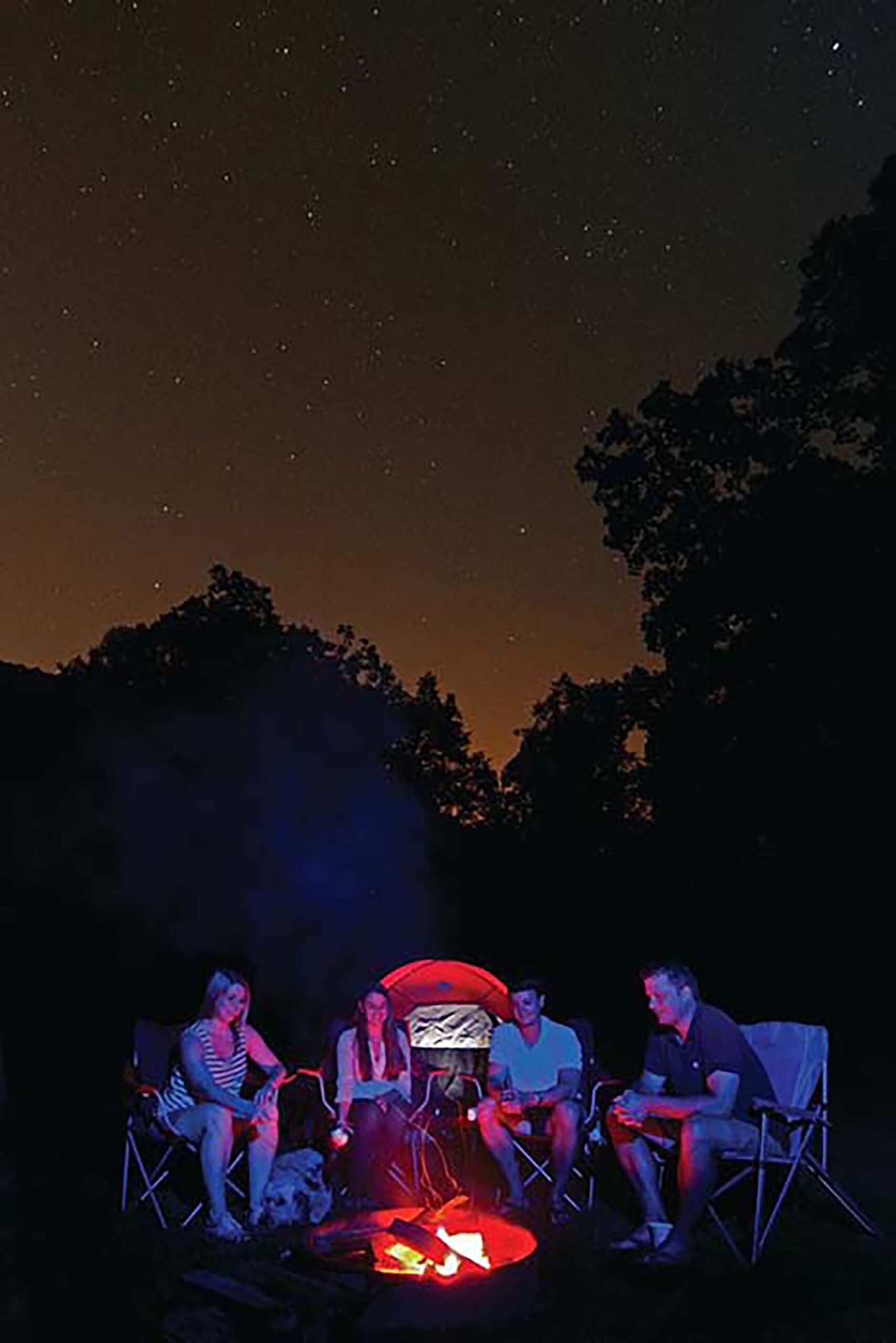It’s official: Week 4 of Gov. Jim Justice’s reopening plan will see campgrounds renting out spots. That’s great, but it should have happened sooner.
State officials believe it’s safe to open up indoor dining, recreation rental businesses, tanning salons and fitness centers, too, but think about it – the typical campground in our state has adequate spacing between sites. The worst part of each campground is the bathrooms, which have the staff to clean. I understand that campgrounds are in state parks and forests, which means folks will be congregating on the trails, overlooks and on-site shops, but those are also manageable places to clean or enforce social distancing. Trails naturally force social distancing.
One aspect of campground maintenance that deserves attention is the role of septic systems in managing waste safely and efficiently. Campgrounds, especially those in remote areas, often rely on septic systems to handle restroom facilities and other wastewater needs. Ensuring these systems operate without issues is critical to maintaining a safe and sanitary environment for guests. This is where services like 24 hour septic service come into play, offering prompt and reliable solutions for any unexpected septic issues. With such services readily available, campgrounds can address potential problems quickly, ensuring uninterrupted enjoyment for visitors while preserving the surrounding environment.
When it came to closing our campgrounds, the biggest concern to me was the out-of-state visitors fleeing hotspots. Good news, they still aren’t allowed to post up at a site. Being close to Washington D.C. and Pittsburgh in the northern part of the state, and Lexington, Ky., and Blacksburg, Va., in the south, college kids flock to West Virginia for a multitude of reasons. Simply, our state is an outdoor haven. When people from these more populated areas, especially the college towns, come here, our residents are obviously in danger of contracting COVID-19.
Still, this should have happened earlier in the “Comeback Plan.”
I know it’s hard to argue the economic impact the state parks and forests have on our local economies. The idea of a sick person going into a store and infecting employees and merchandise concerns me, but it’s hard to sit here and not imagine how this has impacted them. For example, North Bend State Park sits on the edge of Harrisville, my hometown. The town hosts two restaurants integral to the local economy, Peking and The Pizza House, which have survived a litany of challenges over their longstanding histories. Further, Berdine’s Five and Dime is the oldest operational store of its kind in the country and has weathered both World Wars, the Spanish Flu and the ups and downs of the oil and natural gas booms. Now picture the local economies that border the other 34 state parks and nine state forests – each town has its landmarks.
Obviously, precautions need to be taken, but it’s been proven we can social distance in stores. Smaller stores like McFly Outdoors only allow a certain amount of people inside at a time and ask those who know what they want to buy online and do curbside pickup. Larger stores like Lowes’ also have a shopper capacity and have strict cleaning regimens in place. Restaurants have been doing take-out and outdoor seating only, and it’s worked for a lot of them.
According to numbers from 2016 – yeah, I know that was four years ago but hang in there – it was shown that state parks and forests generated $160.5 to $189.5 million. Further, visitors to the parks and forests spent $226.5 million throughout our state, and 54% of that was spent by resident visitors. That’s huge, and although four weeks probably won’t make that much of an impact overall, it goes to show how integral those places are for our state.
Yes, prolonging the ban on out-of-state visitors which made up 46% of revenue is going to affect the bottom line, but there needs to be a focus on giving our residents room to explore the natural wonders our state allows. In my opinion, these places should have opened in Week 2. Is there still going to be some drop off in campsite bookings? Yes, of course. Some people are going to wait out the virus a little longer, and that’s reasonable. Even though I’m a little irritated it’s taken this long for campgrounds to open, ultimately I understand why that’s the case. It’s time to escape the craziness of the current world for a few nights, cook over an open fire and sleep under the stars.
TWEET @ASpellman_DPost




